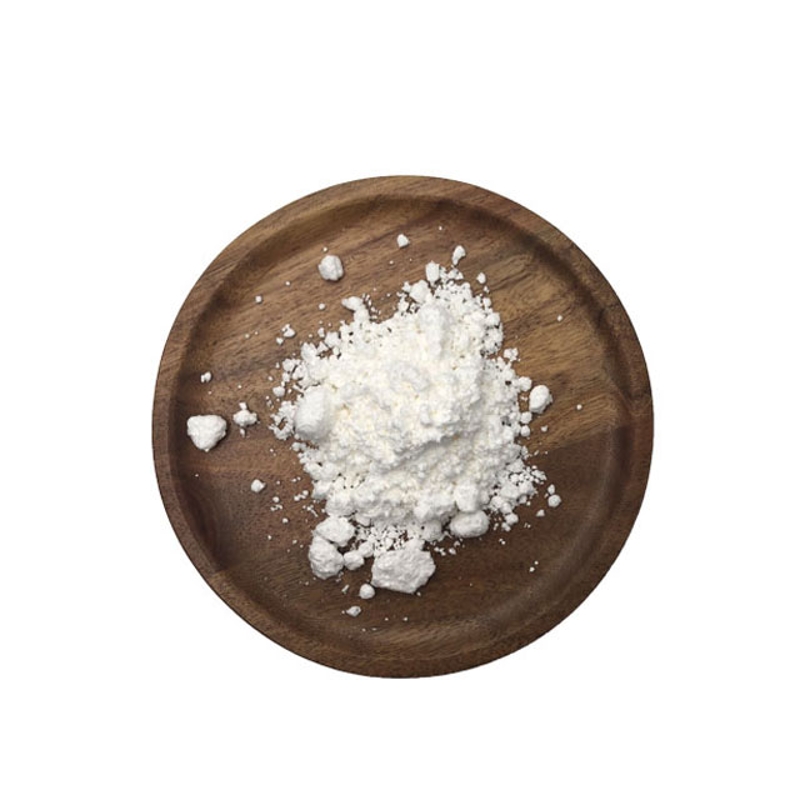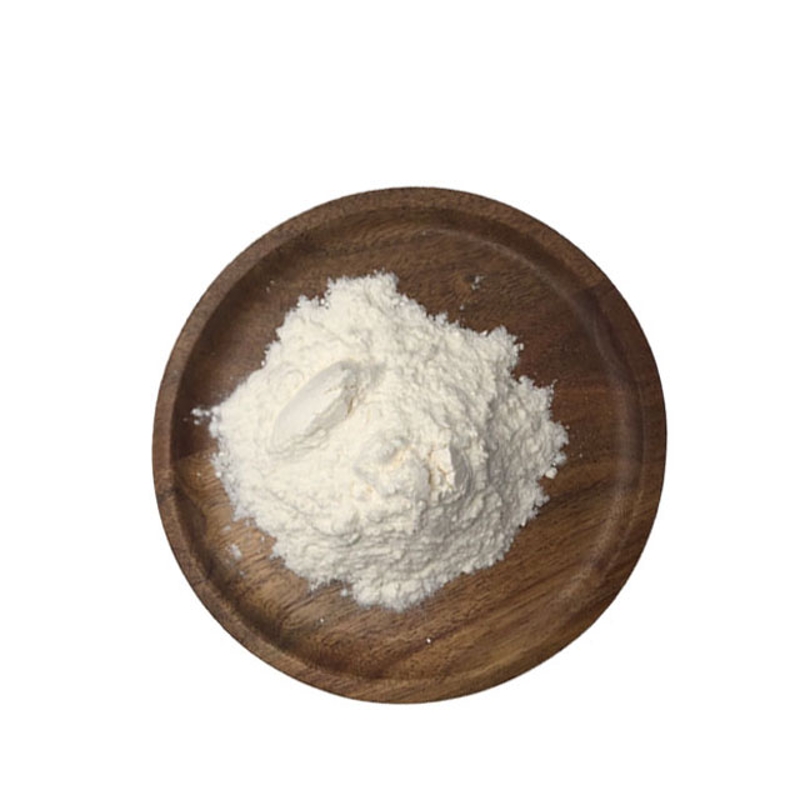-
Categories
-
Pharmaceutical Intermediates
-
Active Pharmaceutical Ingredients
-
Food Additives
- Industrial Coatings
- Agrochemicals
- Dyes and Pigments
- Surfactant
- Flavors and Fragrances
- Chemical Reagents
- Catalyst and Auxiliary
- Natural Products
- Inorganic Chemistry
-
Organic Chemistry
-
Biochemical Engineering
- Analytical Chemistry
- Cosmetic Ingredient
-
Pharmaceutical Intermediates
Promotion
ECHEMI Mall
Wholesale
Weekly Price
Exhibition
News
-
Trade Service
In advanced non-small cell lung cancer, the first-line treatment of nivolumab combined with ipilimumab improves the prognosis of patients compared with platinum-based chemotherapy
.
In the second-line treatment of advanced NSCLC patients, Nivolumab also used more sitoxet to improve the prognosis of patients
In advanced non-small cell lung cancer, the first-line treatment of nivolumab combined with ipilimumab improves the prognosis of patients compared with platinum-based chemotherapy
The Lung-MAPS1400I study is a phase 3 open-label randomized trial
.
The patients were randomly assigned 1:1 to the Nivolumab combined with Ipilimumab group or the Nivolumab group
The Lung-MAPS1400I study is a phase 3 open-label randomized trial
Research Overview
Research OverviewIncluded 275 patients, of which 252 patients were evaluable, 125 patients in the Nivolumab combined with Ipilimumab group, and 127 patients in the Nivolumab group
.
The median OS of the Nivolumab combined with Ipilimumab group and Nivolumab group was 10 months (95% CI, 8.
Included 275 patients, of which 252 patients were evaluable, 125 patients in the Nivolumab combined with Ipilimumab group, and 127 patients in the Nivolumab group
OS and PFS
OS and PFSThe median IA-PFS of the two groups were 3.
8 months (95%CI, 2.
7-4.
4) and 2.
9 months (95%CI, 1.
8-4.
0) respectively, and there was also no significant statistical difference (HR=0.
80, 95% CI, 0.
61-1.
03; P = 0.
09)
.
The 1-year and 2-year PFS rates of the two groups were 17% (95% CI, 12%-25%) vs 10% (95% CI, 6%-17%) and 12% (95% CI, 7%- 19%) vs 5% (95%CI, 2%-10%)
The median IA-PFS of the two groups were 3.
The ORRs of the
In patients with TMB ≥ 10 mt/Mb and PD-L1 <1%, nivolumab combined with ipilimumab improved the prognosis of patients compared with nivolumab (HR=0.
PD-L1 and TMB layered OS comparison
PD-L1 and TMB layered OS comparisonThe incidence of treatment-related adverse events in the two groups was 39.
5% and 33.
3%, respectively; the incidence of treatment interruption caused by toxicity was 25% and 15%, respectively
.
Common ones include fatigue (8.
The incidence of treatment-related adverse events in the two groups was 39.
5% and 33.
3%, respectively; the incidence of treatment interruption caused by toxicity was 25% and 15%, respectively
.
Common ones include fatigue (8.
9% and 5.
7%) and pneumonia (7.
3% and 4.
9%)
.
Treatment-related deaths occurred in 2.
4% of the nivolumab combined with ipilimumab group and 0.
8% of the nivolumab group
.
Adverse reactions
Adverse reactions adverse reactionsIn summary, the Phase 3 clinical study showed that in patients with stage IV squamous NSCLC who have been treated but have not been treated with immunotherapy, adding ipilimumab to nivolumab does not improve the prognosis of patients
.
.
This phase 3 clinical study showed that in patients with stage IV squamous NSCLC who have been treated before but who have not used immunotherapy, adding ipilimumab to nivolumab does not improve the prognosis of patients
.
This phase 3 clinical study showed that in patients with stage IV squamous NSCLC who have been treated before but who have not used immunotherapy, adding ipilimumab to nivolumab does not improve the prognosis of patients
.
Original source:
Original source:Scott N.
Gettinger; Mary W.
Redman; Lyudmila Bazhenova, et al.
Nivolumab Plus Ipilimumab vs Nivolumab for Previously Treated Patients With Stage IV Squamous Cell Lung Cancer: The Lung-MAPS1400I Phase 3 Randomized Clinical Trial.
JAMA Oncol.
doi:10.
1001/jamaoncol.
2021.
2209 .
PublishedonlineJuly15, 2021.
Gettinger; Mary W.
Redman; Lyudmila Bazhenova, et al.
Nivolumab Plus Ipilimumab vs Nivolumab for Previously Treated Patients With Stage IV Squamous Cell Lung Cancer: The Lung-MAPS1400I Phase 3 Randomized Clinical Trial.
JAMA Oncol.
doi:10.
1001/jamaoncol.
2021.
2209 .
PublishedonlineJuly15,2021.
Leave a message here







